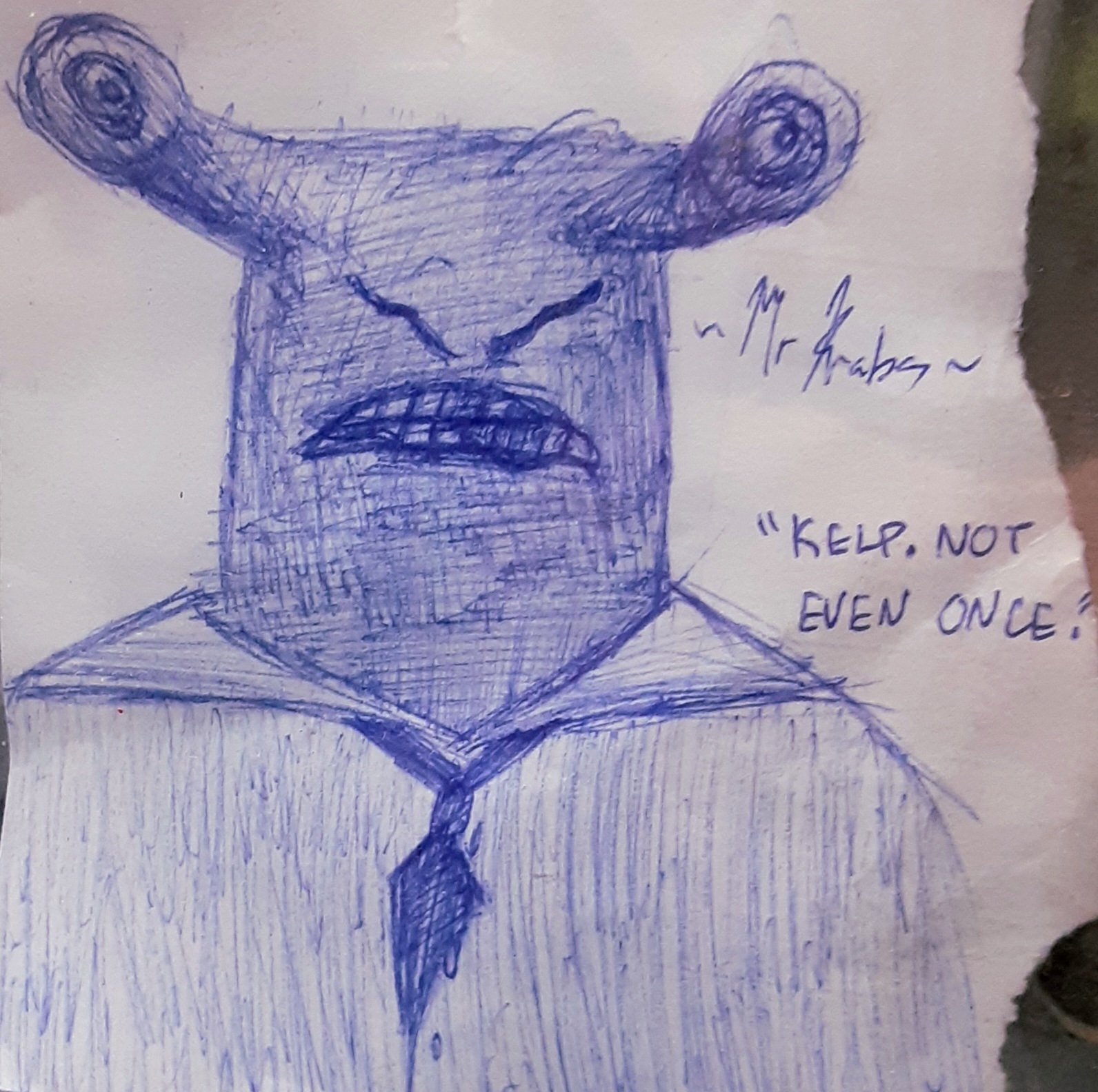I’ll start. I have to be careful drinking around other people, because I can get intensely motivational.
My neighbour used to be depressed and stayed at a cruddy job, despite poor pay. I was 17, and he was in his 40s. Well, one night we happened to drink together. It turned out he only stayed at that job in hopes that he would eventually get his parents approval, and that they would finally be proud of him. The job made him miserable.
I spent hours convincing him that he was worth more than his parent’s approval, and that he deserved to be happy. That he was the one living his day-to-day life, and that he should live it how he wants to. Many tears were shed that night. Dude quit before getting any new job prospects, and ended up working in a completely different field. He said thank you more than a few times, after everything was said and done.
That might not sound bad, but it was far from a one-off scenario. I eventually started to wonder what would happen if I accidentally helped lead someone to make a bad decision. It’s not like drunk people are known for making good decisions. So, I only drink around certain people now haha.
On a side note, a crazy number of people have problems with/from their parents.


Can anyone convince me that the whole “different drunk from different alcohol” has any real scientific basis? I’ve just never really felt like I act any different on different types of alcohol. No matter the type of liquor or beer, I just lose some social inhibition and motor function, I don’t really feel emotionally any different than I usually do when I’m drunk.
I could only explain it as such that we may drink different drinks according to the setting and mood we’re in. I would never drink tequila at a formal work function, where champagne/bubbles is totally acceptable. And I have to be in the mood for hard liquor, so I most oftenly go for wine/beer. So perhaps that determines the way we act, rather than the sort of alcohol.
I can definitely see how the settings that are more likely to have one kind of liquor over another could influence the energy and what level of drunkenness is acceptable, and how that would relate to feelings people would relate more towards certain drinks. Thanks
I haven’t done formal research on the topic, but as far as I can see this is correct- alcohol just lowers your inhibitions and makes you more suggestable, therefore easier to influence by your enviroment- you’re way more likely to be depressed and sipping whiskey slowly by yourself than partying with Coronas with lime.
It would be interesting to look at regional ideas of what different alcohols are appropriate for and see if the “effects” change with it
After I’ve had a bunch of jaegarbombs I hurl so bad that policy in my house was written. Does that count?
It’s probably more to do with how strong each one is - wine vs liquor, for example, and if you drink them faster or slower and if there’s a mixer with one type vs wine, that’s drunk by itself.
So not so much the what, but the how.
That’s true, I always assume the same level of drunkenness when people talk about different liquor, but maybe people get different levels of drunk and end up feeling one level more than another depending on drink
People can form strong psychological associations with alcohol too. Get blackout drunk a few times on tequila in college? That person is more likely to tell you that tequila hits them harder than other liquors, or that they can’t drink it because it makes them sick.